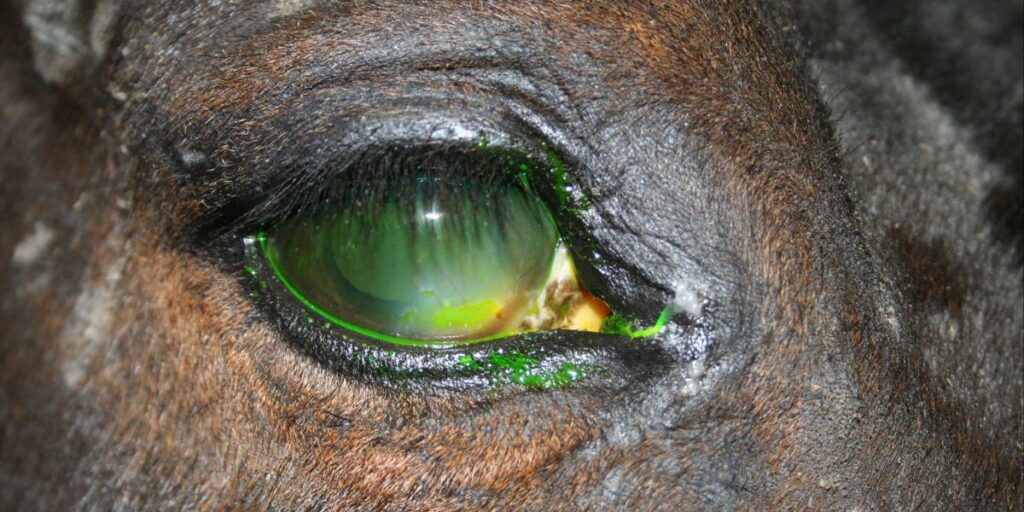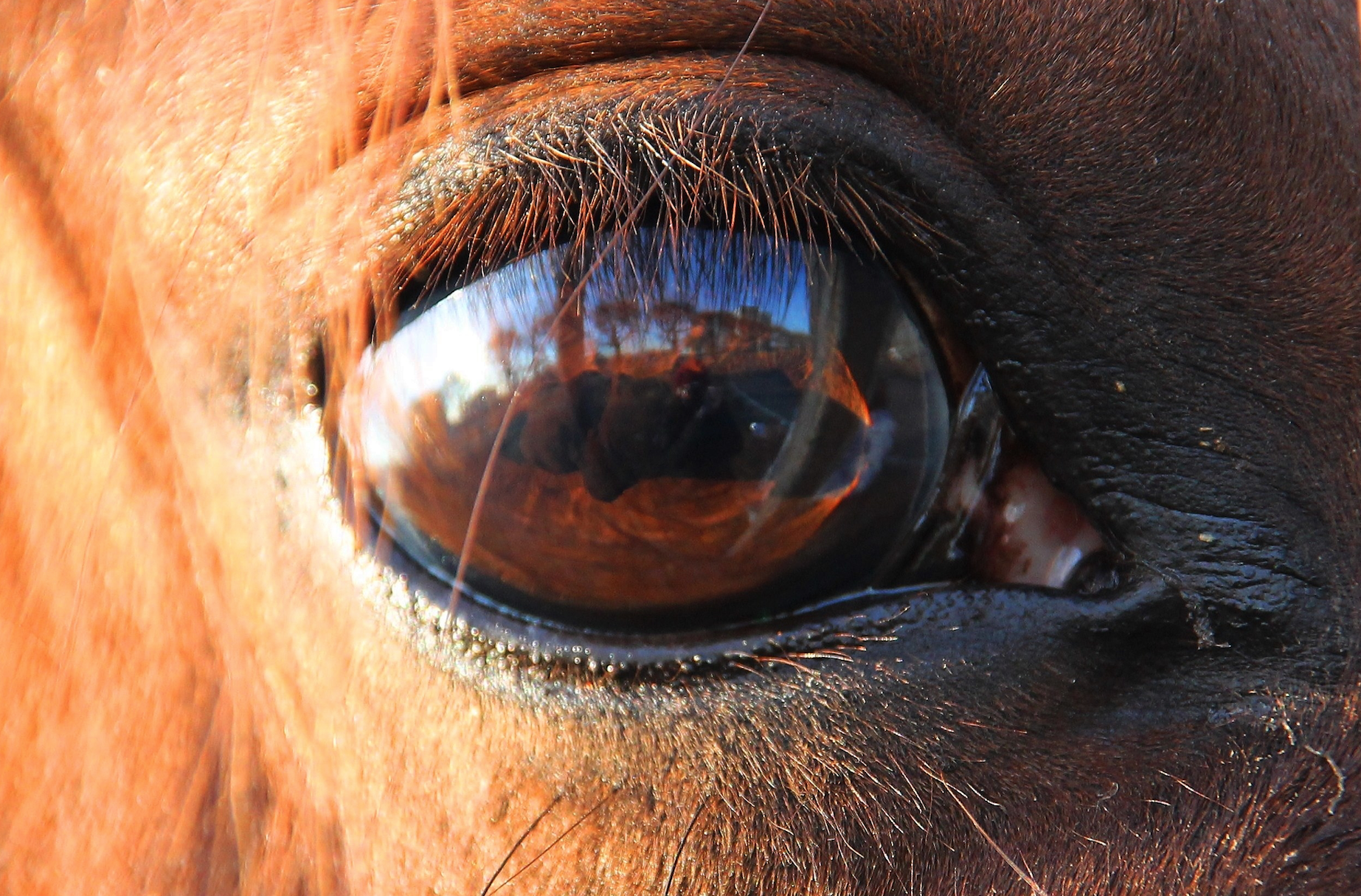Eye Problems in Horses: Symptoms and Solutions

Eye health is crucial for horses, as vision plays a vital role in their safety, behavior, and overall well-being. Understanding common eye problems, recognizing their symptoms early, and knowing the appropriate solutions can help horse owners and caretakers maintain their animals’ eye health effectively.
Common Eye Problems in Horses
| Eye Condition | Description | Common Symptoms | Typical Causes |
|---|---|---|---|
| Conjunctivitis | Inflammation of the conjunctiva, the membrane covering the eye and eyelids. | Redness, swelling, discharge, squinting | Allergies, infections, irritants |
| Corneal Ulcers | Open sores on the cornea, often painful and potentially vision-threatening. | Excessive tearing, cloudiness, pain | Trauma, foreign bodies, infections |
| Uveitis (Moon Blindness) | Inflammation of the uveal tract, a leading cause of blindness in horses. | Eye redness, sensitivity to light, pain | Immune-mediated, infections |
| Cataracts | Clouding of the lens leading to impaired vision. | Cloudy appearance, vision loss | Aging, trauma, genetics |
| Glaucoma | Increased intraocular pressure causing optic nerve damage. | Eye enlargement, pain, vision loss | Blocked drainage, injury |
Recognizing Symptoms
Early detection is key to preventing serious complications. Watch for:
- Excessive tearing or discharge
- Redness or swelling around the eye
- Squinting or frequent blinking
- Cloudy or opaque appearance of the eye
- Sensitivity to light or rubbing the eye
- Changes in behavior such as reluctance to move or bumping into objects
Solutions and Treatments
Treatment depends on the specific condition but generally includes:
- Veterinary Examination: Always consult a vet for accurate diagnosis.
- Medications: Antibiotics, anti-inflammatory drugs, or eye drops.
- Protective Measures: Using fly masks or eye shields to prevent further injury.
- Surgical Intervention: In severe cases like cataracts or glaucoma.
- Home Care: Keeping the eye clean and monitoring for changes.
Preventive Tips
- Regular eye inspections as part of routine care.
- Maintain clean stabling environments to reduce irritants.
- Promptly address any eye injuries or abnormalities.
- Use protective gear during transport or turnout.
Frequently Asked Questions (FAQ)
Q1: How quickly should I seek veterinary care for an eye problem?
A1: Immediate veterinary attention is recommended if you notice swelling, discharge, cloudiness, or if the horse shows signs of pain.
Q2: Can eye problems in horses be prevented?
A2: While not all can be prevented, good hygiene, protective gear, and early detection significantly reduce risks.
Q3: Are eye drops safe for horses?
A3: Only use eye drops prescribed by a veterinarian to avoid adverse effects.
Q4: What are the signs of blindness in horses?
A4: Signs include bumping into objects, reluctance to move, and changes in behavior.
Maintaining your horse’s eye health requires vigilance and prompt action. By understanding symptoms and available treatments, you can help ensure your horse enjoys clear vision and a comfortable life.
